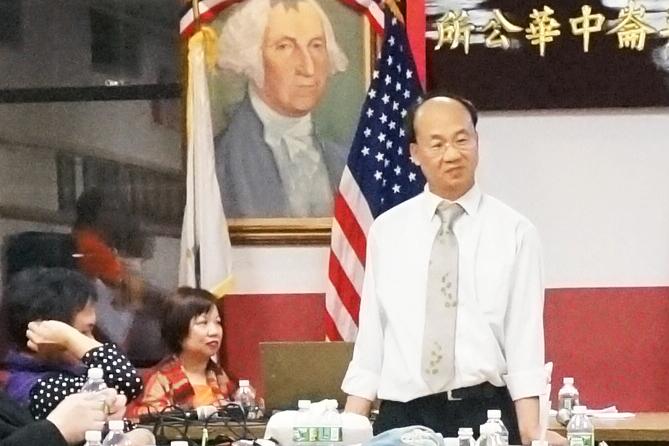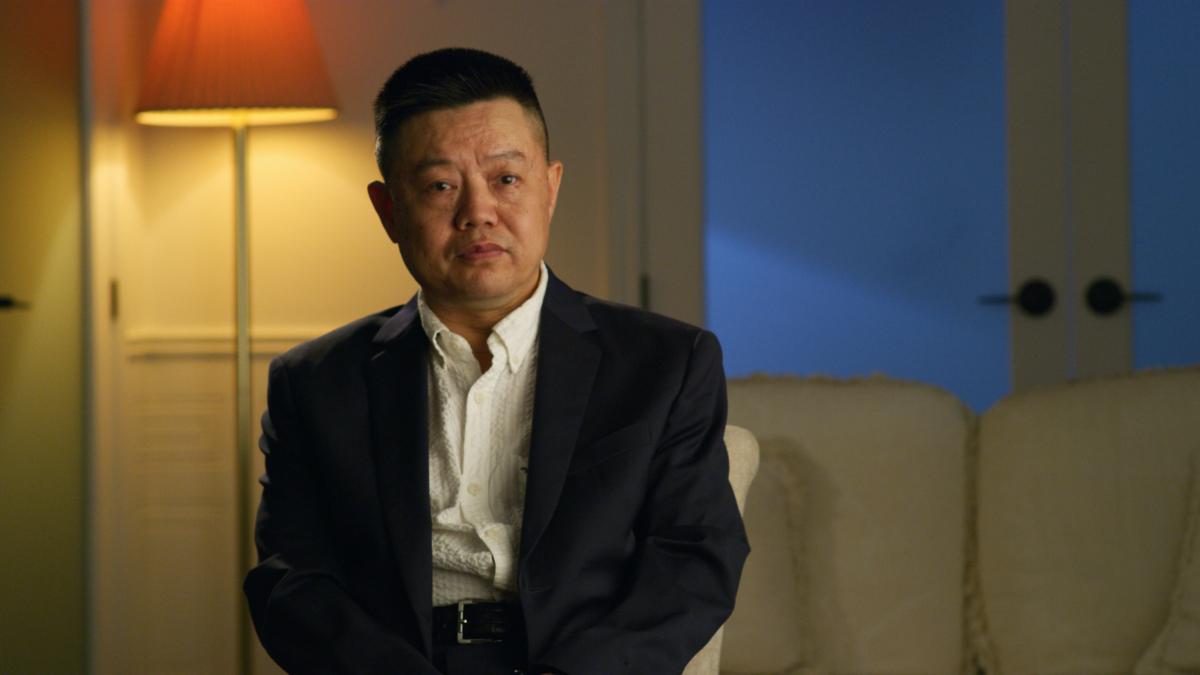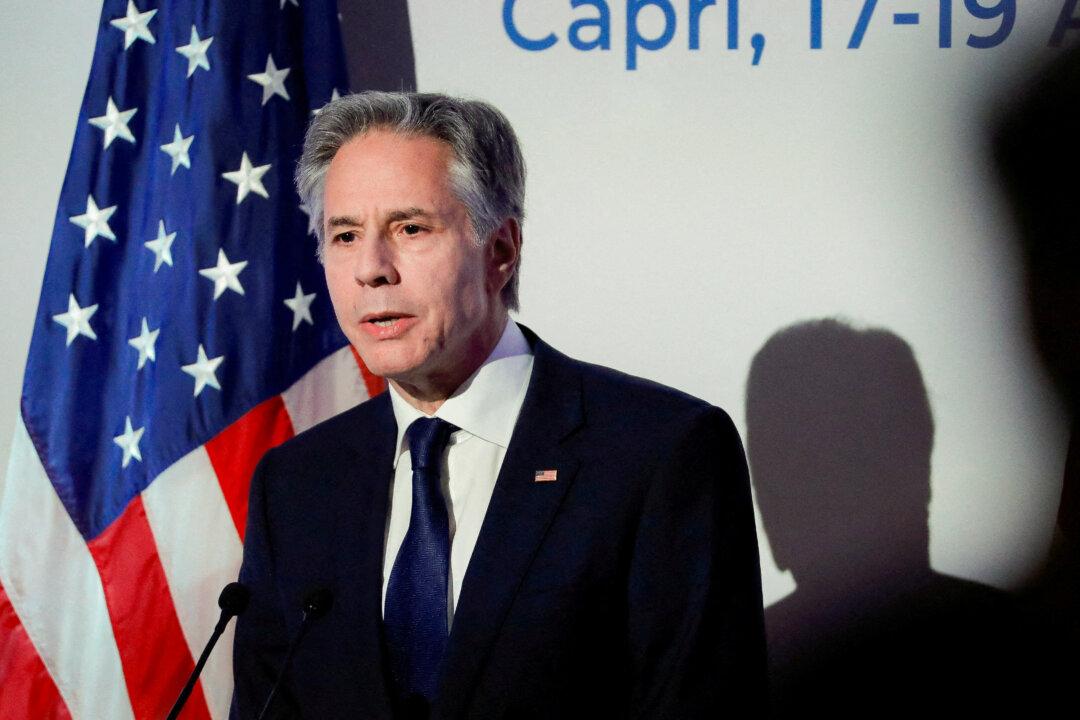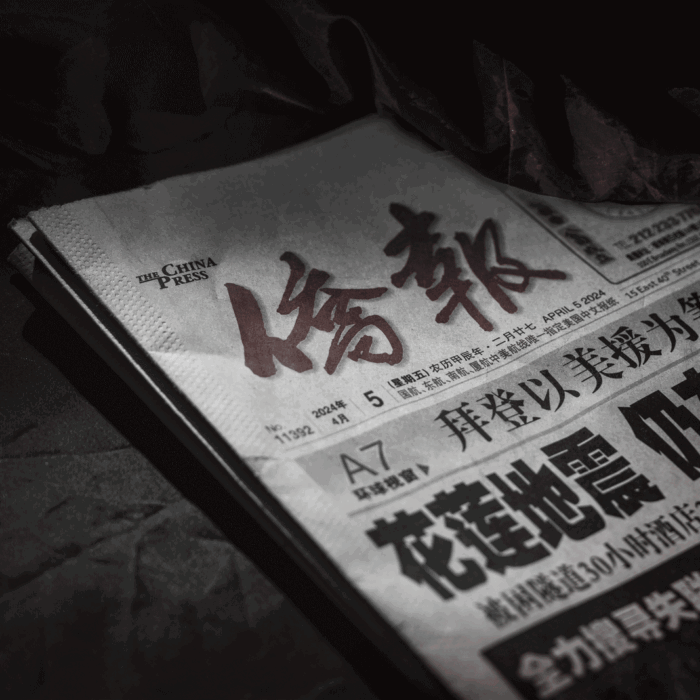The State Department highlighted the Chinese regime’s extensive operations to silence its targets in the United States and elsewhere, deploying tactics such as stalking, forced disappearances, and projecting police power overseas.
The groups the regime goes after include persecuted minority groups, dissidents, Chinese students abroad, and adherents of spiritual faiths, according to the department’s April 22 human rights report.
The tactic, known as transnational repression, received worldwide attention after a human rights group revealed a network of extralegal Chinese police stations in countries around the world, including several in the United States.
Three men were convicted in Brooklyn federal court on June 20 for stalking a family in New Jersey and pressuring them to return to China on behalf of China’s communist regime.
“The report shows that governments are extending their abuses beyond their own borders,” Secretary of State Antony Blinken said in a press conference announcing the report’s release. In two days, he will be flying to China to meet with senior officials in Shanghai and Beijing.
Pointing to the Uyghurs in China’s Xinjiang, whom he called “victims of genocide and crimes against humanity,” Mr. Blinken said the 2023 Country Reports on Human Rights Practices “documents atrocities reminiscent of humanity’s darkest moments.”
Chinese Communist Party (CCP) officials and police officers have directly participated in the transnational repression efforts, often through the aid of front groups embedded in overseas Chinese communities.
Mr. Liang, for one, leads a local group called the New England Alliance for Peaceful Unification of China.

The group in 2019, working with Chinese overseas students in Boston, “organized over a thousand patriots” to gather in front of the Massachusetts state capital building and in Boston Chinatown to “denounce people who supported Hong Kong independence, Taiwan independence, Tibet independence, and Xinjiang independence,” according to an indictment that quotes a document from the group that Mr. Liang sent to a Chinese official in charge of spreading Beijing’s overseas influence.
As the regime strengthened its sweeping anti-espionage law requiring Chinese citizens to assist with intelligence work as it deemed fit, Chinese students studying abroad have expressed fears about returning home, the report said.

It cited a Swedish report describing Chinese doctoral students being forced to sign secret agreements that require them to “pledge loyalty to the CCP, ‘serve the interests of the regime,’ and never participate in activities against the will of PRC authorities.”
Breaching the agreement could result in fines for their China-based families, the report said.
Multiple universities, including Germany’s Friedrich Alexander University of Erlangen-Nuremberg as well as those in Denmark and the Netherlands, suspended collaboration with scholars funded by the state-directed Chinese Scholarship Council over such contracts.
The report also noted the regime’s campaign to pressure other countries “for politically motivated purposes,” with a goal of “forcing those countries to take adverse action against specific individuals or groups,” although it left the details vague.
The CCP’s expansive operations mean that even dissidents who have fled China cannot escape the reach of its influence.

The doctor, Zheng Zhi, has testified of hearing a Chinese military officer telling a Chinese military official they would pick a “top quality” kidney from a Falun Gong practitioner to replace the official’s own ailing kidney.







